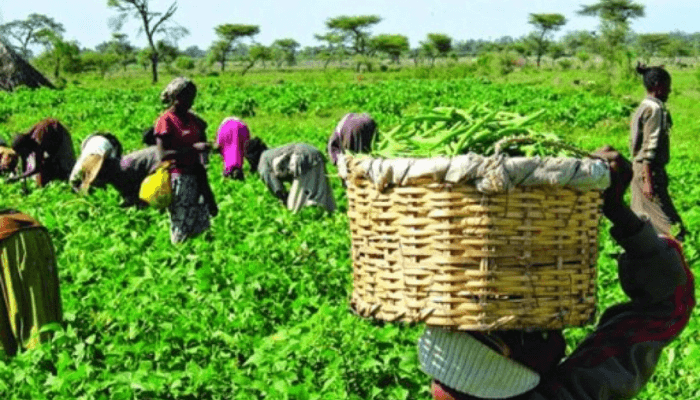The International Fund for Agricultural Development (IFAD) has emphasized that Nigeria’s pursuit of food security cannot be achieved without fully harnessing the potential of its youth population.
IFAD Country Director, Dede Ekoue, made the remarks on Thursday in Benin during the 5th Supervision Mission of the Federal Government, Niger Delta Development Commission (NDDC), and IFAD’s Livelihood Improvement Family Enterprises–Niger Delta (LIFE-ND) Project.
Ekoue explained that the LIFE-ND initiative is designed to empower young people and women with practical agricultural business skills across the Niger Delta. The programme adopts a business incubation model, allowing trainees to gain hands-on experience before establishing their own agribusiness ventures.
According to Ekoue, IFAD has committed over $30 million to the first phase of the LIFE-ND project, which has already benefited more than 26,000 individuals.
“LIFE-ND is a unique programme for us at IFAD. We are committed to empowering youth in agriculture and generating jobs. Food sovereignty cannot be achieved without harnessing youth potentials, given that they constitute the largest population,” she said. “Through incubation, trainees emerge as business owners, ready to set up their agricultural ventures.”
Ekoue further highlighted that many beneficiaries have been successfully linked to markets, ensuring steady income and sustainable livelihoods.
“Creating jobs for youth is key to growth, peace, development, and business expansion,” she added.
On women’s participation, she noted their critical role in achieving food security, nutrition, and agricultural transformation. “Women are central to food production and sovereignty. LIFE-ND delivers on this,” she said.
The 4th project supervision, carried out by an independent team, assessed progress, identified challenges, and made recommendations to enhance the project.
The National Coordinator of LIFE-ND, Dr. Abiodun Sanni, disclosed that the first phase covered six Niger Delta states, Ondo, Edo, Abia, Bayelsa, Cross River, and Delta reaching 26,470 beneficiaries, including youth, women, and persons with disabilities engaged across various agricultural value chains. An additional 4,380 participants are being enrolled in the current phase, with plans for further expansion.
Speaking on behalf of the NDDC, Stella Manureh commended the initiative, describing it as a shared commitment to improving lives in the Niger Delta through food security. “IFAD’s continued investment in agriculture has improved livelihoods and reinforces our collective responsibility for transparency and accountability,” she said.















